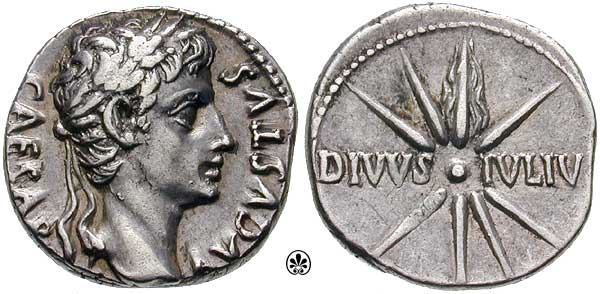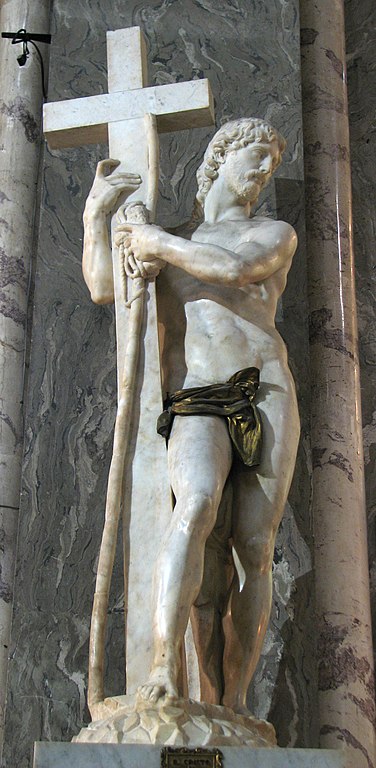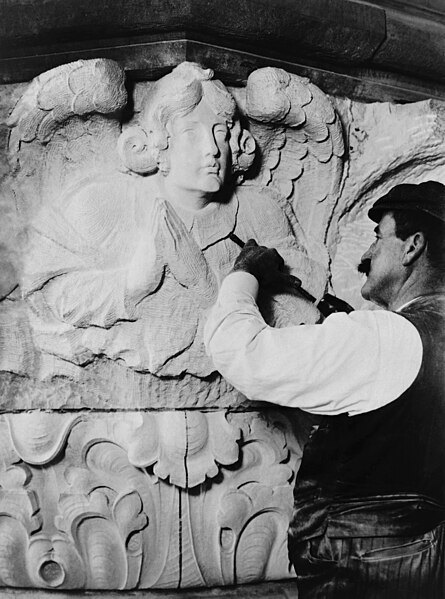Listen to Sermon
Pastor Tom Johnson, December 24, 2017
“The people who walked in darkness have seen a great light; those who lived in a land of deep darkness—on them light has shined.” In a way we are at an advantage in the northern hemisphere at this time of year. Our nights have grown darker. Winter solstice was just a few days ago—the longest night of the year. We look forward to brighter days ahead. Of course, Isaiah is talking about the spiritual darkness—the darkness of sin, evil, and death. And that too does not take too much imagination. Every day there is news of violence, the tragic loss of life, revelations of the abuse of power, injustice, and the ravages of poverty all around the world.
Tonight we see a great light! The light of Christ has been born in Bethlehem! The light shines through deep darkness. The darkness has not overcome it. Darkness cannot be heaped upon light. Light always disperses the darkness. The light of Christ always overcomes deep darkness. The Light is for us. The Light comes into the world through this Christ Child. He will say of himself, “I am the light of the world. Whoever follows me will not walk in darkness, but will have the light of life.”
“For a child has been born for us, a son given to us; authority rests upon his shoulders and he is named Wonderful Counselor, Mighty God, Everlasting Father, Prince of Peace.”
He is named Wonderful Counselor. Jesus will be Rabbi—teacher. He will explain the true meaning of Scripture. He will tell parables and stories to set us on the right path. His teaching will perplex the scholars. His counsel will instruct us in the true meaning of the Law. He will show us how to love God with our whole heart, mind, and strength and love our neighbor as he has loved us. He is wonderful because he fills us with the wonder of the Gospel—the good news that eternal God who takes on humanity. He steps down from his throne in heaven to become a baby wrapped in swaddling cloth in a manger. He is Wonderful Counselor.
He is Mighty God. He does great things for us. He heals diseases, gives sight to the blind, hearing to the deaf, speech to the mute. He makes people walk again and walk for the first time. He goes to the Cross in the strength of his character and joy set before him. He overcomes our sin, death, and evil. He lays down his life for us, his friends. He rises again from the dead in the assurance of our forgiveness and eternal life. He is Wonderful Counselor. He is Mighty God.
He is Everlasting Father. Jesus said, “I and the Father are one” (John 10:30). They are one in substance, one in nature, one in purpose, one in mission. Jesus comes into the world to make all things new. He comes for us. He comes to bring us into the family of God. In his Baptism we are adopted as royal daughters and sons. We bear the name of the Father, and of the Son, and of the Holy Spirit. We are children of God. We are heirs with him of eternal life. He is Wonderful Counselor. He is Mighty God. He is Everlasting Father.
He is Prince of Peace. He comes to extend his reign of peace. He comes to expand his Kingdom in our hearts and this beautiful and broken world. He comes to rule by the strength of forgiveness. He reconciles us to the Father. In him we have peace with God. The King of Peace tears down walls and builds bridges. He overcomes hostility and obstacles to our living in peace with one another. He heals old emotional wounds, restores broken relationships, and fills us up with love for one another. In his Kingdom there is neither Jew nor Gentile, there is neither slave nor free, there is neither male nor female. We are all one in him (Gal 3:28). We are united together under the banner of peace—true peace and reconciliation and harmony.
He is Wonderful Counselor. He is Mighty God. He is Everlasting Father. He is Prince of Peace—for us. He is all these things for our good, our hope, and our eternal well being. He is, to put it very simply, for us. “For a child has been born for us, a son given to us.” This is the great gift that keeps on giving throughout the year to the end of human history—this Child who comes wrapped up in swaddling bands of cloth. Isaiah gives us a vision of who this Jesus is. He unwraps God’s gift for us in these beautiful titles of the newborn King. And so we can live a lifetime continuing to unwrap the beauty and majesty of God’s gift. Praise God for the gift of his Son, Wonderful Counselor, Mighty God, Everlasting Father, Prince of Peace.
To you this night is born a child.
Of Mary, chosen virgin mild;
This little child of lowly birth.
Shall be the joy of all the earth.
Ah, dearest Jesus, holy Child,
Prepare a bed, soft, undefined,
A quiet chamber set apart.
For You to dwell within my heart.
("From Heaven Above to Earth I Come" vv. 1 & 13)






_-_James_Tissot_-_overall.jpg)
















